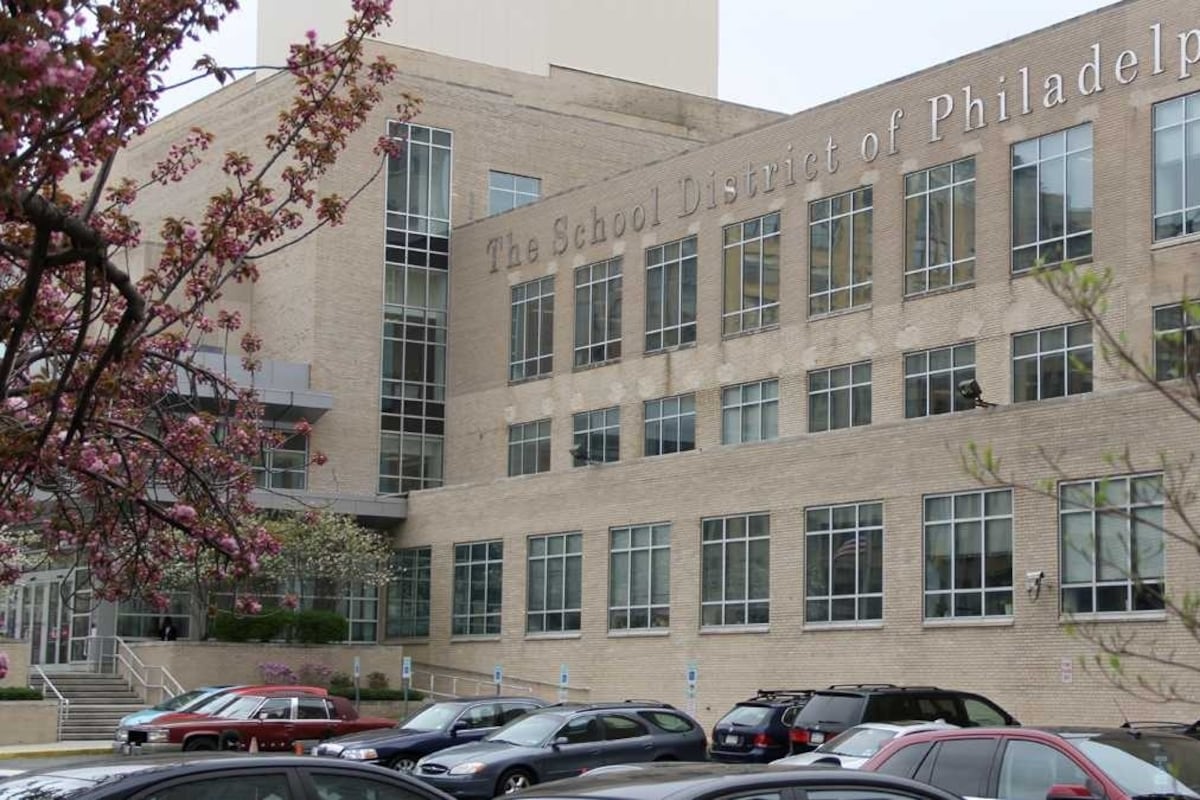During a contentious six-hour meeting the Philadelphia Board of Education unanimously passed a controversial corporate tax break, while one member proposed closing schools and another said she was “disgusted” by newly restrictive speakers’ policies.
“If you really believe that Black lives matter, having that conversation about closing schools right now was utterly ridiculous,” said teacher Keziah Ridgeway, a member of the Melanated Educators Collective, or MEC,. “Y’all have money, in the words of Tupac, to fund everything else, but you don’t have money for our schools.”
Fellow educator and MEC member Dana Carter told the board it needed to stop planning service cuts and start holding Superintendent William Hite accountable for documented missteps.
“The miseducation of Black children leads to Black deaths,” Carter said. “How are we discussing school closures without talking about the $51 million we fumbled at Ben Franklin?”
During the meeting on Thursday, Hite updated the board on plans for reopening and online access, and vowed to reexamine controversial online policies that require hours of screen time for young students. “We’ve heard a great deal [from] teachers and families about the struggles,” he said.
The board also formally swore in two new non-voting student representatives, Keylisha Diaz of the Philadelphia Military Academy and Toluwanimi Olaleye of Carver High School for Engineering and Science. Member Leticia Egea-Hinton urged the pair to ask “tough questions” about district policy and practice.
“When you talk, we listen,” Egea-Hinton told the new student reps.
But the evening’s bitter discussions, which featured a new policy to mute public testimony when speakers stray from their registered topic, left many feeling that the board created three years ago is doing no better than the School Reform Commission, its state-run predecessor, at delivering equitable education or holding executives accountable.
“Board members seem to salivate over the closing of public schools,” said Kelsey Romano, a teacher at Saul High School and a co-chair of the district’s equity committee. “We will not forget the $600,000 office renovation and the employee paid for two full-time jobs in two districts. The trust is all but shattered.”
The evening’s most contentious debate concerned the proposed Keystone Opportunity Zone tax break for Hilco Redevelopment Partners, which board members approved with one abstention, pleasing trade unions and economic development officials, but infuriating advocates who saw it as a needless giveaway.
The session also featured a sobering financial presentation from chief financial officer Uri Monson, detailing millions in new costs - including rising cyber-charter payments - and millions more in lost revenues, thanks to plunging tax collection projections. Monson’s gloomy forecast was followed by a surprising suggestion from board member Lee Huang: that the district begin considering closing schools to save money.
“We may be forced to have that conversation,” Monson replied.
Huang acknowledged that closures can be “highly traumatic,” and critics swiftly countered that they wouldn’t save money either. Councilwoman Helen Gym called Huang’s suggestion “a terrible take” that doesn’t take history into account.
“Multiple studies on mass school closings around the country AND here in Philadelphia challenge the assertion that mass closings improve finances,” Gym tweeted.
The evening exposed other rifts. Led by Robin Cooper, the head of the Commonwealth Association of School Administrators, or CASA, a string of principals and school staffers blasted the district for what James Murray, head of Rowen Elementary in West Oak Lane, called “systemic racism and inequality.” Among CASA members’ concerns: inadequate personal protection equipment, an overly aggressive push to reopen buildings, and discriminatory hiring by the district.
Tension among board members was also apparent. Members Mallory Fix-Lopez and Angela McIver spoke against the new policy to mute public testimony that veered off topic. Board President Joyce Wilkerson defended the policy as reasonable, but Fix-Lopez said it left her “disgusted.”
The evening was not without its bright spots for officials. Hite’s decision to suspend “leveling” of school staff earned him thanks from parents and teachers.
Education advocate Tamir Harper, a 2018 Science Leadership Academy graduate, praised the Hite administration’s recent work and assured the board, “we will get through this.”






